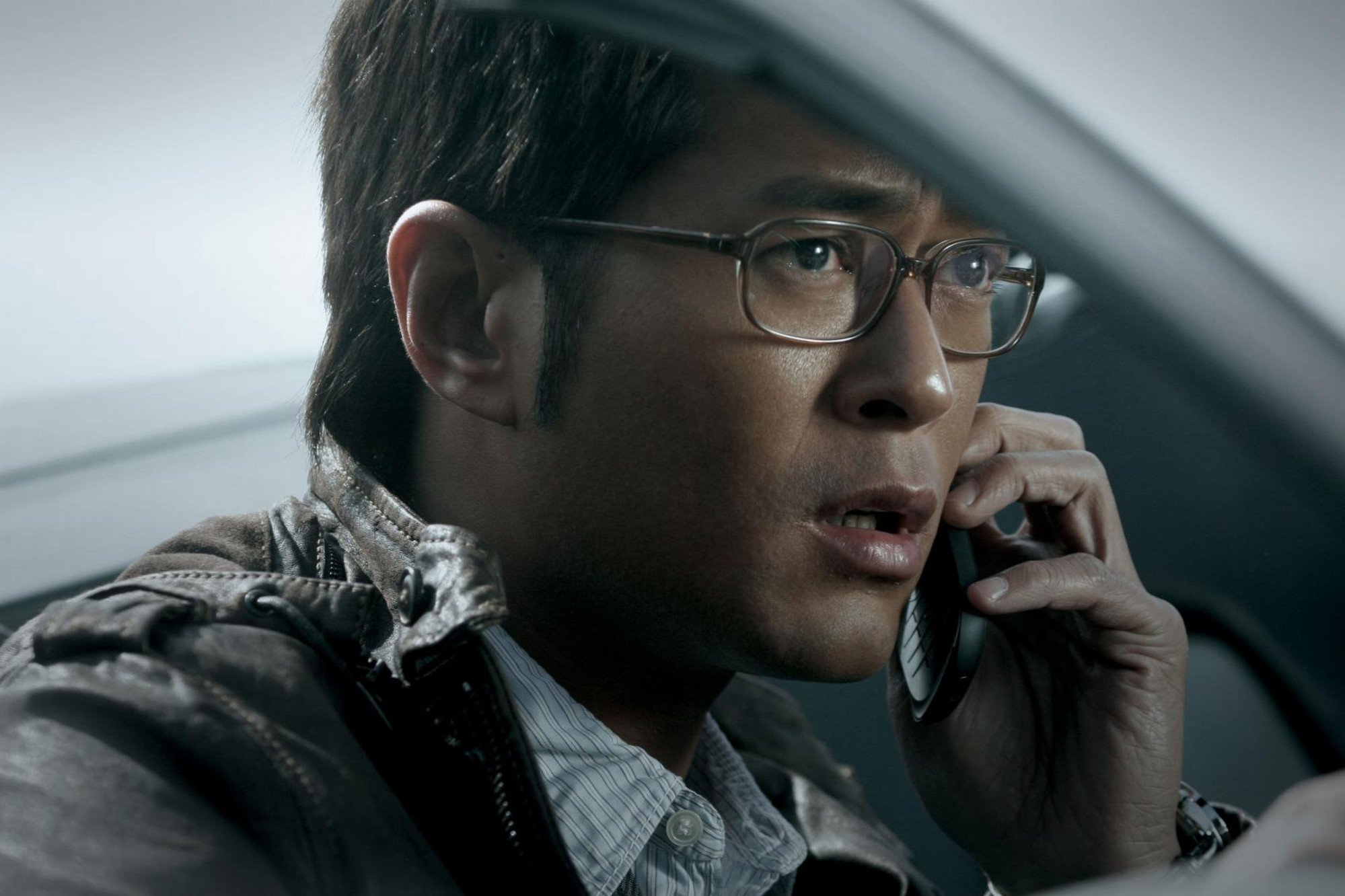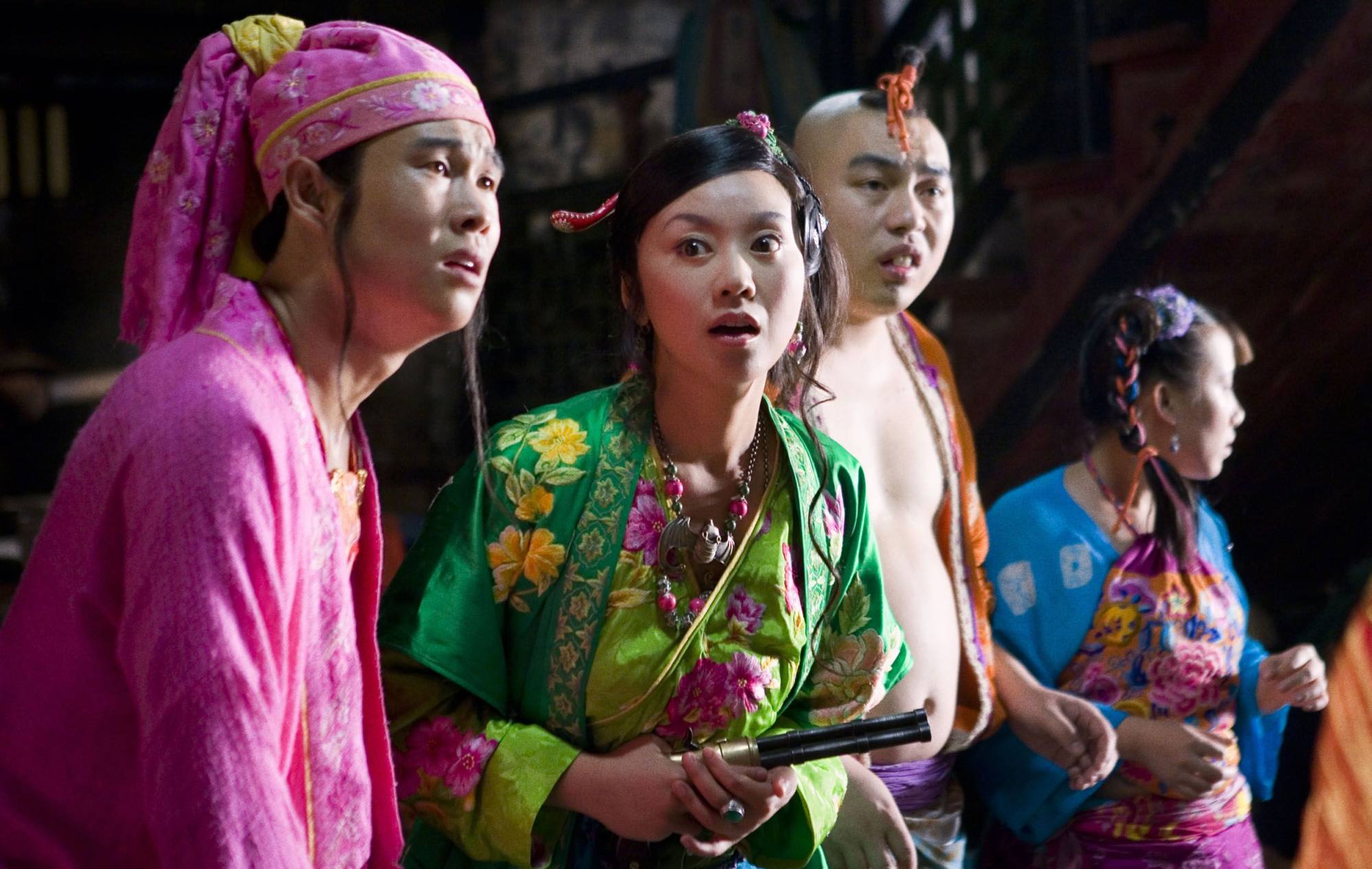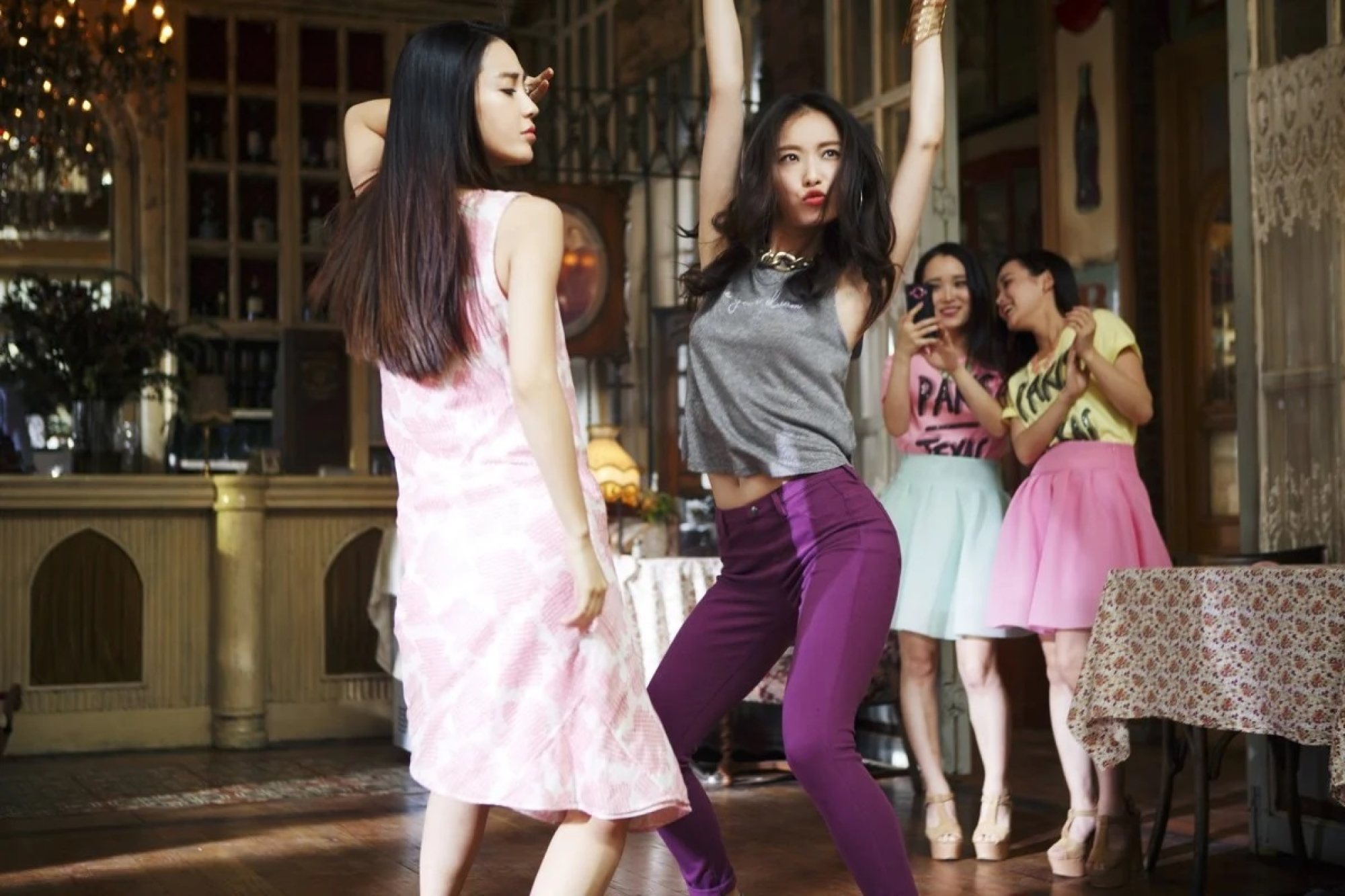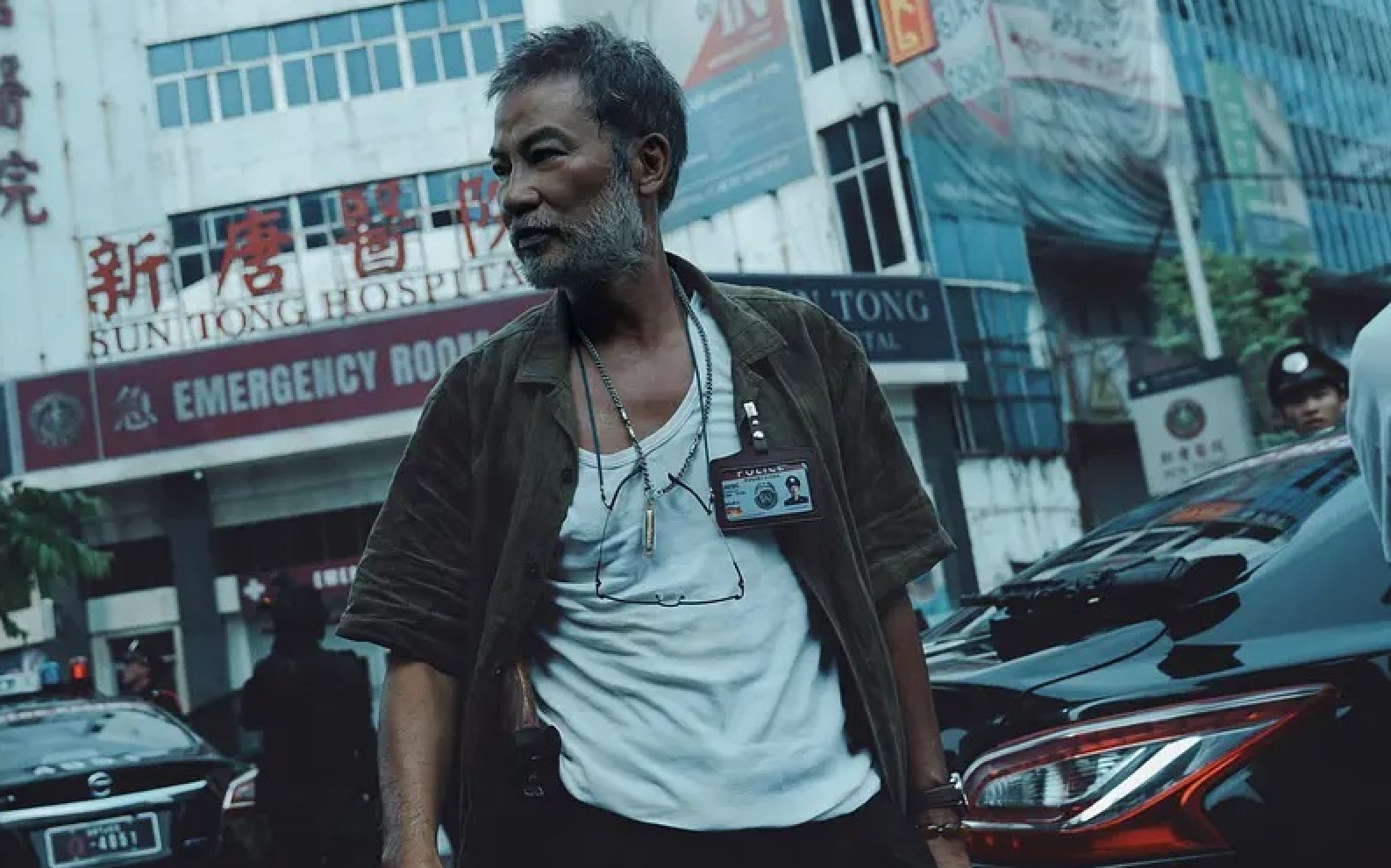
Crisis Negotiators not the first: 5 notable Hong Kong/Chinese remakes of Hollywood movies
- Crisis Negotiators, the new film by Herman Yau, isn’t the first Chinese-language remake of a Hollywood hit. Here are 5 others that stand out
Rarely, however, does the phenomenon flow in the opposite direction.
In light of its arrival, here are five other Chinese-language films that began life in Hollywood.
1. Connected (2008)
The 2004 thriller Cellular is best remembered for featuring early performances from Chris Evans and Jason Statham, before they cemented their statuses as leading Hollywood action stars.

Chan’s 2008 remake adopts the same basic premise but tweaks a number of character details, while cranking up the film’s action quota, to deliver what proves to be a significantly more entertaining experience.
Chan’s most notable change is introducing the potential for romance between the two protagonists.
Basinger was almost 30 years Evans’ senior in the original, so things remained decidedly platonic. In Connected, conversely, Koo and Hsu’s characters are much closer in age, while also free of any existing relationship entanglements that might keep them apart.
2. A Simple Noodle Story (2009)
A remake of the Coen brothers’ 1984 debut, Blood Simple, whose stars included John Getz, Frances McDormand and Dan Hedaya, A Simple Noodle Story tells the story of a jealous restaurateur (Ni Dahong), who hires a corrupt police official (Sun Honglei) to kill his wife (Yan Ni) and her lover.
Zhang transplants the action of this sultry Texan neo-noir to the barren deserts of Gansu province, but otherwise remains faithful to the source material.
Most surprising is the film’s broadly humorous tone, which leans heavily into physical slapstick comedy and overblown caricature performances.
This marked a notable departure for the director, who solidified his reputation with a series of stoic period dramas and opulent martial arts epics.

What the film does retain, however, is Zhang’s dazzling visual sensibility, keenly realised through its breathtaking locations and lavish, brightly coloured costumes.
3. What Women Want (2011)
As in the original film, which starred Oscar winners Mel Gibson and Helen Hunt, Lau plays a chauvinistic advertising executive who meets his match in Gong’s feisty new addition to the firm.
The tables are turned when a freak accident enables Lau’s character to hear women’s innermost thoughts.
Initially this gives him the upper hand on the dating circuit, helping him seduce women with greater ease, but upon discovering how unpopular he is among his women colleagues, and even with his own daughter, he is ultimately forced to change his ways.
Chen’s film moves the action to Beijing, but otherwise keeps the narrative of Nancy Meyers’ box-office hit mostly intact.
The undeniable chemistry between Lau and Gong is a delight to watch, while the central theme of sexual politics in the workplace takes on extra heft when revisited today in a post-MeToo environment.
4. Bride Wars (2015)
Tony Chan Kwok-fai’s remake of the 2009 romantic comedy starring Kate Hudson and Anne Hathaway is one of the very best examples of this format.
When they both accidentally book the same venue on the same date, via the same coveted wedding planner, the former BFFs turn on one another, becoming mortal enemies in an escalating game of one-upmanship as the big day approaches.

Incorporating traditional Chinese wedding rituals in the mix, Chan’s film also satirises the escalating ostentatiousness of modern marriage ceremonies, even as it succumbs to many of those very same pressures.
5. Fireflies in the Sun (2021)
The feature directorial debut from former actor Dai Mo, Fireflies in the Sun is a remake of the 2002 drama John Q, which starred Denzel Washington.
Adding to the confusion, the film is also branded as a sequel to Sam Quah’s Sheep Without a Shepherd from 2019, but despite employing the same production team and star, Xiao Yang, the story itself is unconnected.
As in John Q, the drama centres on a desperate father (Xiao), who holds a hospital’s accident and emergency room at gunpoint until his young son is given a life-saving heart transplant.
The stand-off with the police outside, personified here by a bedraggled Simon Yam Tat-wah, devolves into a media circus, with bystanders and hostages alike falling in line to support the man and his cause.

In both films, the real enemy is a flawed medical system, whose inflated costs prove prohibitively expensive for everyday citizens.
To broach such issues for mainland Chinese audiences, however, Dai’s film relocates to an unspecified Southeast Asian country outside China’s jurisdiction.

